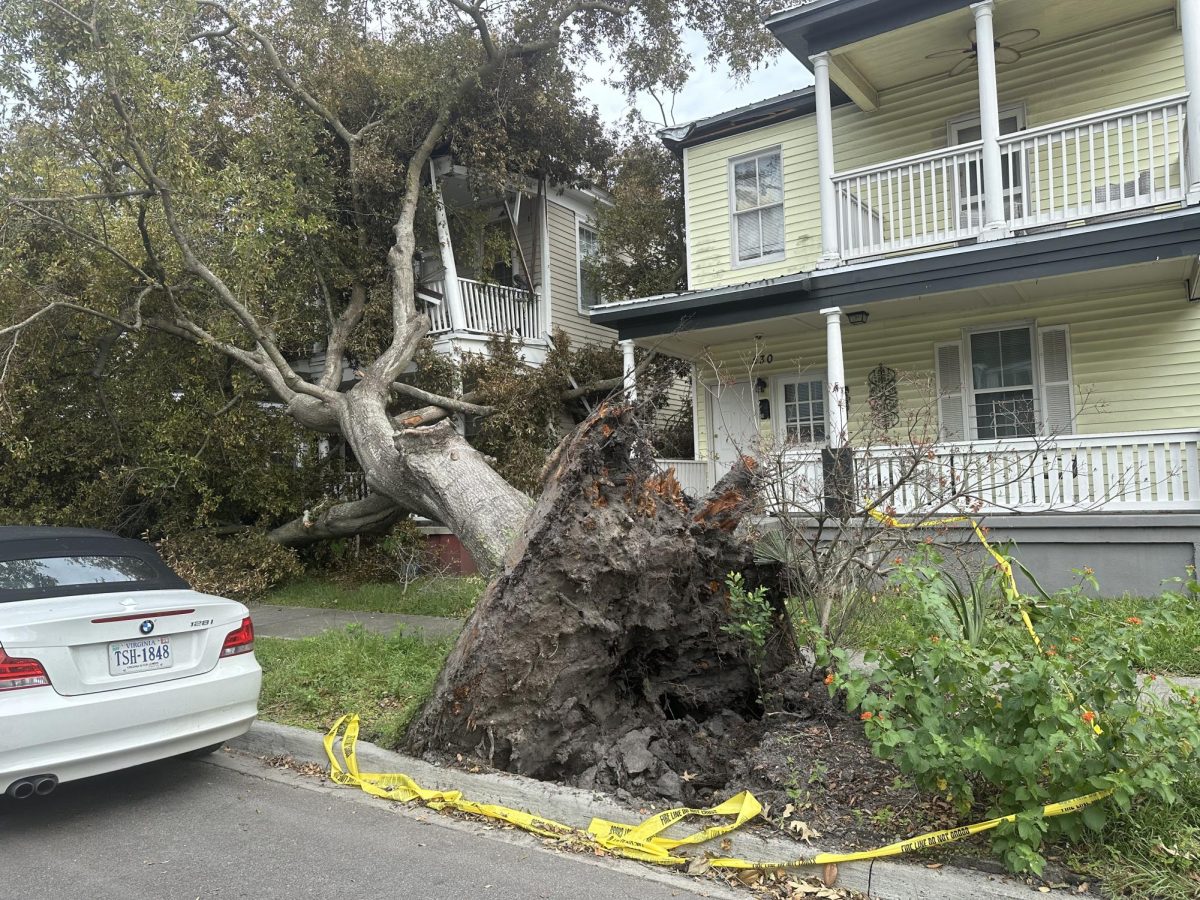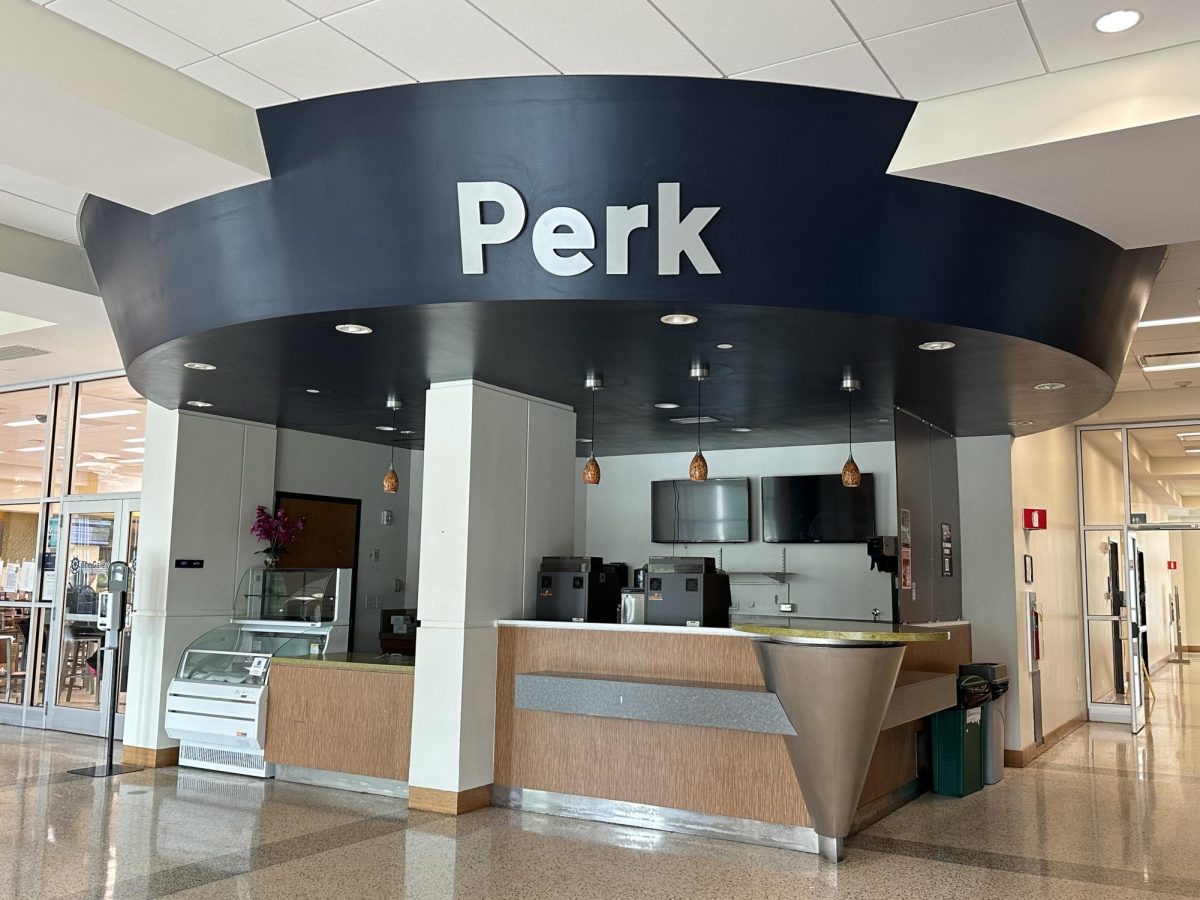Madison Watkins, Staff Writer
On Tuesday, a panel of representatives from the United States Drug Enforcement Administration (DEA), the University Police Department, the School of Nursing and the Public Health Program gave a presentation about the ongoing national opioid crisis.
Opioids are a type of drug used to relieve intense pain but are highly addictive when abused. Since 1999, the rate of overdose deaths involving opioids has quadrupled in the United States. Over 165,000 people have died from overdoses on prescribed opioids in the past 18 years.
Police officer Jodi Hughes said that one of the biggest problems contributing to this issue are doctors who are running “pill mills.”
“Unfortunately, some doctors are only in the profession to make money. They will see patients with pain that can be treated with simpler medications but will write them two or three prescriptions for different medicines such as oxycodone or hydrocodone. It’s a real shame because doctors have one of the most trusted professions,” Hughes explained.
Georgia is one of the top four states with the most people affected by opioid addictions. The other three are Florida, Kentucky and Alabama.
DEA agent Van Wynn explained, “One of the reasons we are one of the highest states affected by it is because of Florida. For a while, Florida did not have the necessary laws passed to prevent doctors from prescribing their patients with opioid medications they were addicted to, but the state government fixed that, so the doctors came to Georgia.”
Georgia has since passed legislation in 2016 that monitors the writing and filing of prescriptions that involve controlled substances.
“For some people, an opioid medication is their only option left. Patients should explore other options and use it as a last resort. They also should be aware of the risks before taking them,” an audience member commented.
Another audience member brought up a possible relation between marijuana and opioid overdoses. The panel experts disagreed.
Agent Wynn pointed out that “opioids are much worse than marijuana. Marijuana cannot alleviate pain like an opioid can. Smoking it is not the way to alleviate pain.”
The representative of Armstrong’s nursing program agreed that the legalization of marijuana would not affect the use of opioids.
The panelists described several ways to fight the opioid crisis such as addressing the areas that are responsible: doctors, nurse practitioners and pharmaceutical companies.
The responsibility of fighting it does not lie solely with law enforcement, either. The Nursing Representative brought up the issue that “health care workers need to be well trained.”
“Other states need to get the mandate to write electronic prescriptions instead of handwritten because they cannot be forged as easily and can be monitored,” she added.
If students are concerned about a friend that may be addicted to controlled substances, they can contact the Dean of Students anonymously using the Armstrong website or the Pirate Guardian app.






